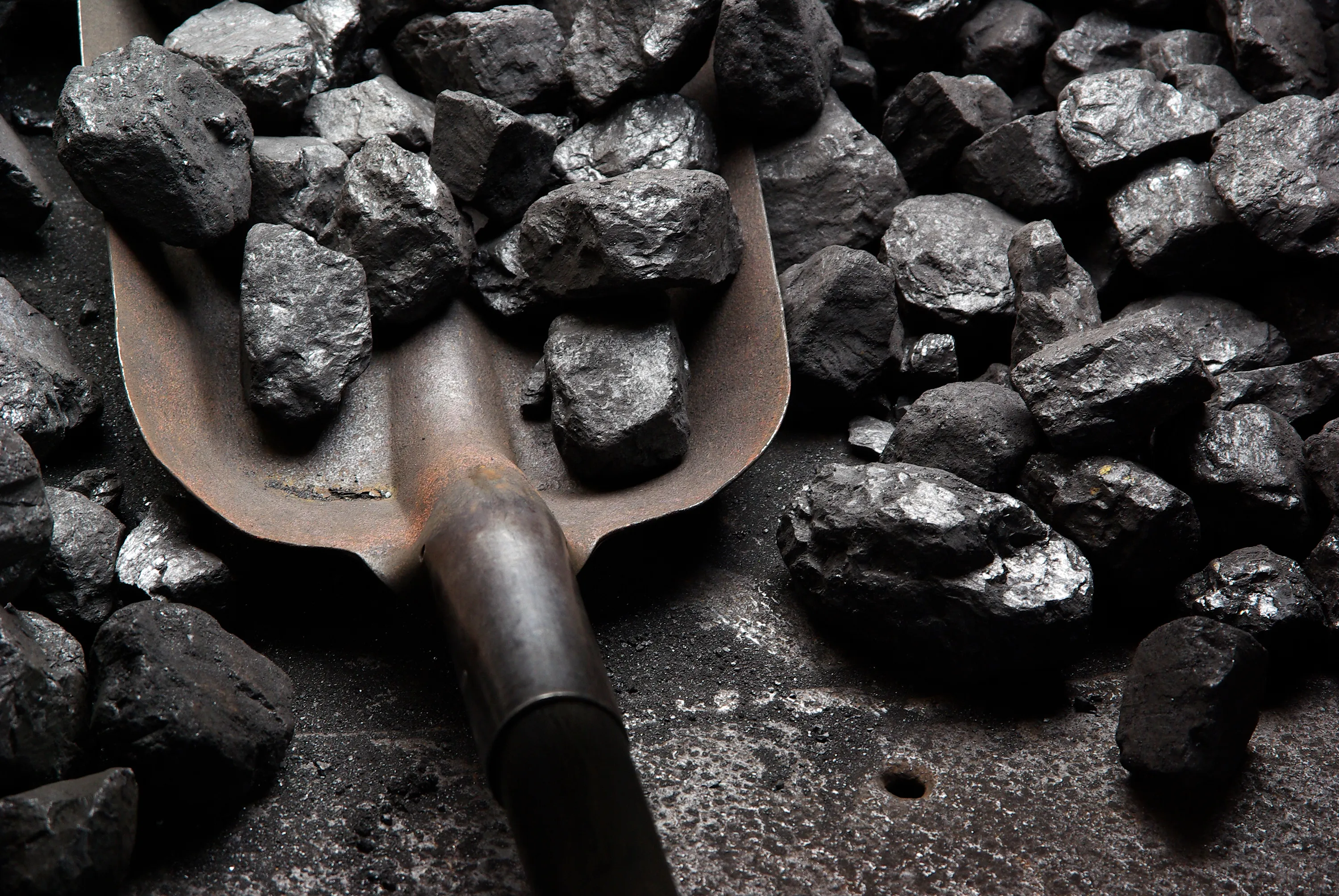
Daily Audio Newscast Afternoon Update - January 22, 2025
© INDU BACHKHETI - iStock-1336427297
News from around the nation.
Key directives in Trump DEI executive order for government, private sector; Syringe exchange fears hobble fight against West Virginia HIV outbreak; Once-in-a-lifetime snowstorm hits Gulf Coast, with record-breaking snowfall in Florida; New report: Enbridge's Line 5 plan costly, flawed; NJ spending on student mental health is up, challenges remain.
Transcript
The Public News Service Wednesday afternoon update, I'm Mike Clifford.
President Donald Trump issued an executive order on Tuesday that directed government agency chiefs to dismantle diversity, equity, and inclusion, known as DEI policies, at the federal agencies, federal contractors, and in the private sector.
That's from Reuters.
They report the order revokes executive policies dating as far back as 1965 on equal employment, opportunities, environmental actions designed to protect communities of color, and workforce balancing efforts by federal contractors based on race, gender, and religion.
And according to reporting from KFF Health News, West Virginia lawmakers clamped down on the syringe exchange programs are hindering the ability to understand how to prevent HIV outbreaks.
And in Charleston, the battle to open up a new syringe exchange program on the city's west side continues.
West Virginia University epidemiologist Robin Polini says syringe programs help people get tested for infectious diseases and adds that it's difficult to estimate the number of people in West Virginia with HIV because there's no coordinated strategy for testing.
There are many communities around West Virginia that don't have a syringe services program at all, which means it's even harder to capture the highest risk people and get them in for testing.
The CDC has found 462 cases of endocarditis in southern West Virginia associated with injection drug use at a cost to federal, state, and private insurers of more than $17 million, of which less than $4 million was recovered.
Nadia Ramlagan reporting.
This story produced with original reporting from Taylor Sisk for KFF Health News.
The Gulf Coast digging out from a once in a lifetime snowstorm that struck Texas to Florida, that from ABC News.
They report over 2,000 flights were canceled on Tuesday and Florida saw its most snow on record with a preliminary 8.8 inches of snow observed in Milton, that's north of Pensacola.
And a new report says Enbridge's plan to build a tunnel for Line 5 between Lake Michigan and Lake Huron is too expensive and unnecessary.
The report from the Institute for Energy Economics and Financial Analysis, or IEFA, states the aging pipeline, which transports crude oil and natural gas liquids from Canada to the U.S., serves fewer customers and is harder to maintain.
The report also points out that the tunnel project will likely cost much more than Enbridge has admitted.
Suzanne Mattei is an attorney with the Institute and main author of the report.
I would say conservatively estimated that it would cost at least $500 million before it's through, but it could be more.
Crystal Blair reporting.
And while New Jersey has made gains in K-12 mental health support, advocates say the state needs to do more.
Angela Kimball with the nonprofit mental health advocacy group, Inseparable, says for many people, accessing mental health services can seem intimidating.
When we offer mental health services in schools, it serves to actually normalize the idea of getting support for your mental health.
This is Public News Service.
Next Indiana lawmakers are moving forward with plans to expand the state's Lifeline law, which protects those seeking emergency help in alcohol related crises.
A Senate committee unanimously approved a bill to extend immunity to individuals in distress due to excessive drinking, aiming to address hesitation among young people to call for help.
Rebecca Siener is vice president of the Purdue University student body.
She says broader protections encourage people to seek assistance in dangerous situations without fearing legal repercussions.
The parties protected under this law are the caller and those who assist the caller.
The person in need of medical attention is not protected to this day.
Critics, however, raise concerns that expanding immunity might unintentionally encourage reckless behavior such as excessive drinking by reducing perceived consequences.
I'm Joe Ulari, Public News Service.
Find our trust indicators at publicnewsservice.org.
Next to Kentucky, a state that has seen one of the largest percentage increases in the incarcerated population serving life without parole.
In 2024, almost 200,000 people or one in six people in prison were serving life sentences and more than 97,000 are serving life without parole sentences.
So while life with the possibility of parole has come down in Kentucky, as it has with many states, life without the possibility of parole has increased from 30 people to 150 people in a relatively short period of time, which is troubling.
Racial disparities in life imprisonment are higher among those who were under 25 at the time of their offense compared to those who were 25 and older.
Nadia Ramlagan reporting.
Finally, dams on the Lower Snake River in Washington State are losing water to evaporation at a rapid rate.
That's according to a new study.
Eric Tayanoff explains.
The reservoirs created by the four Lower Snake River dams lose more than 30,000 acre-feet of water each year.
That's enough water for the household needs of 240,000 people, the Stockholm Environment Institute estimates.
Miles Johnson with Columbia Riverkeepers says this is another drawback of the dams.
This study shows that there is a hidden cost to the existence of the Lower Snake River dams, and that's not to take away from any of the other well-understood costs of the Lower Snake River dams, which are the compromise of tribal treaty rights, competing salmon recovery.
The reservoirs from the dams have a surface area of about 30,000 acres in total.
Columbia Riverkeeper and other organizations are calling for the dams to be removed to ensure the recovery of endangered species like salmon, which also impacts tribal nations.
Critics say dams are often taken down without the input of nearby communities.
This is Mike Clifford for Public News Service, member and listener supported.
Hear us on radio stations big and small, your favorite podcast platform.
Find our content and trust indicators at publicnewsservice.org.
















